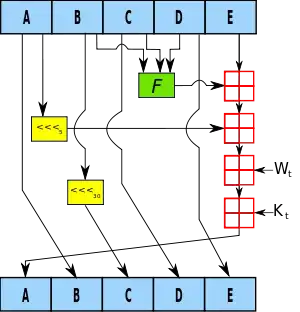imagine that if i wanted to find a vulnerability in a program that is used by a lot of people in order to exploit it.
the program is open source and is written in C/C++ . would this even be possible (fuzzing excluded) as google tells me that it is not possible to reverse engineer a C/C++ .exe file back to source code, that you only get assembly?
can i craft exploits based on assembly alone? would make me really sad if this is not possible.
